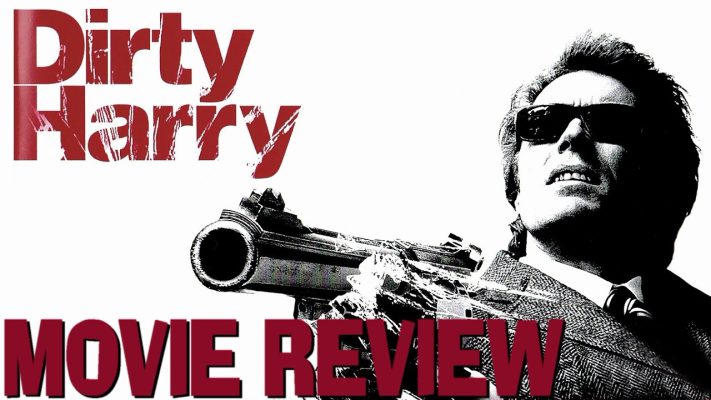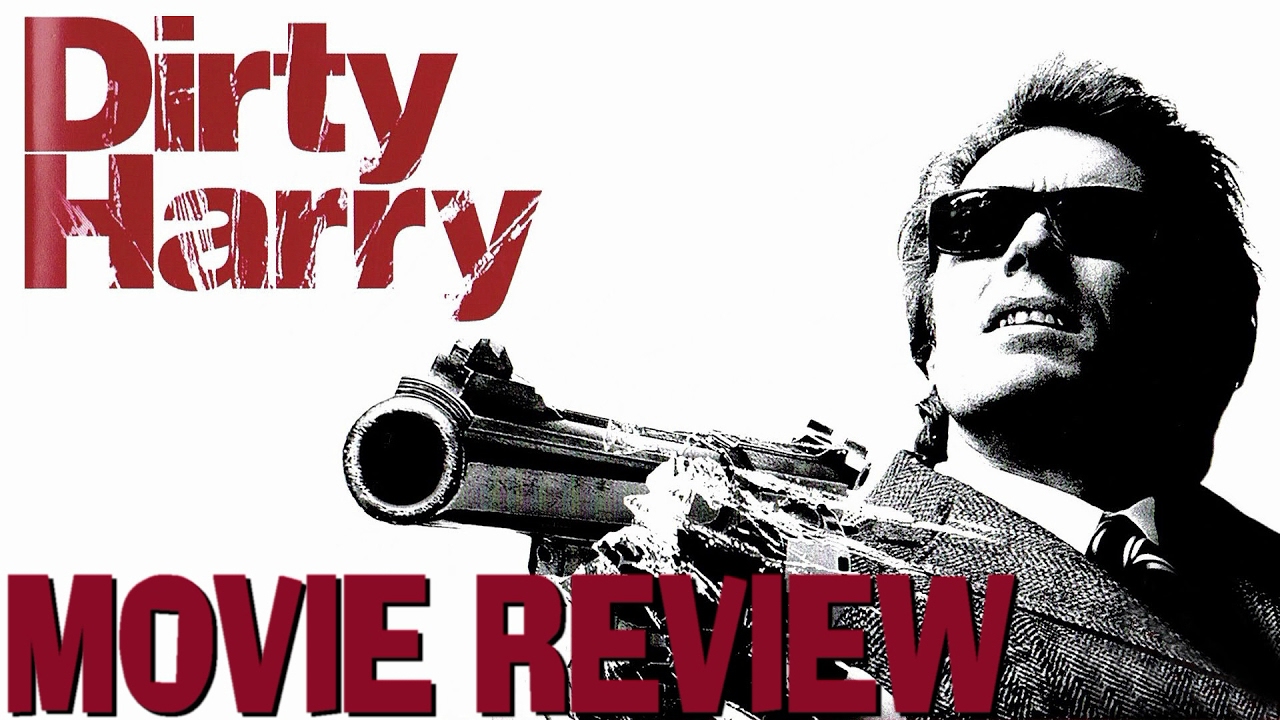Uncategorized
Classic Movie Review: ‘Dirty Harry’ (1971) collection can make your day
In San Francisco a youthful psycho executioner referring to himself as “Scorpio” requests that City Hall pay him in real money, or if not he will humiliate the weak chairman by killing arbitrary residents consistently, including ministers and kids. The official allocated to the case is the infamous “Filthy Harry” Callahan (Clint Eastwood), a critical, bereft lawman expertly using a .357 Magnum and pro crime fighting senses, whose past cases left a series of his accomplices dead or hospitalized. Harry is disturbed to be joined forces up once again with a youthful youngster recently out of school, yet together the two cops act slyly with the perverted Scorpio around a city loaded up with police spray painting and pointless residents. Late in the activity Callahan observes his examination injured by a “equity” framework that is worried about securing the freedoms of the terrible Scorpio – – more so than with keeping his possible casualties (or the police) safe.

To comprehend the social kickback and the resulting frenzy/prominence that encompassed this film and eventually its four continuations, one necessities to comprehend the idea of Harry Callahan as a person. He was given the epithet “Messy Harry” for taking on “each difficult undertaking that goes along.” With an excessively forceful way to deal with directly, Callahan’s bosses the Mayor and Lieutenant–censure the two his investigator style and activity. He maintains his own code of moral law. This means Harry isn’t reluctant to take out his gun and release it into a horde of individuals insofar as there is ONE criminal running by. He isn’t, by the means by which we would say, “worried” with the accuracy of things like getting court orders and mirandizing suspects.
It’s this sort of dismissal for convention that makes Scorpio be delivered later Callahan at first catches him in a pointless pursuit across the city. After his delivery, Scorpio utilizes the administrative noise of the law and the flexibility of the media to fabricate a guard for himself in some stunning ways. This makes Callahan eventually assume control over this case, and on occasion intentionally defy the law to deal with a total and utter mental case.
It’s here that we see the development of the screw-up original overwhelm all through present day mainstream society. While the portrayal of Dirty Harry’s liability tricks caused reaction against “the force of one” mindset at that point, it’s unthinkable not to see the enduring effect that this film made. Screw-ups turned out to be increasingly more well known before long, and Eastwood would bring a ton of Harry Callahan’s persona to a few of his future characters. I believe it’s fascinating to see something that created such commotion track down its direction into pattern setting an area.
Subsequent to watching Dirty Harry, you can comprehend the reason why the film would cause such a shock, with a large number of its topics established in prejudice, sexism and unadulterated wickedness. Things that might feel ordinary in the present film, or even suggestive of your normal “bang shoot them up” flick, appear to be what caused the sparkle of social objection later Dirty Harry’s delivery. Assuming that this film were delivered today, I don’t figure it would have caused comparable ripple effects. Notwithstanding, I figure the watcher can in any case take advantage of the sensation of resistance and restrictiveness that unique watchers detracted from. You can feel the manners by which this film made ready for copycats to come. It pushed limits and cemented sayings inside the class for what’s to come.

